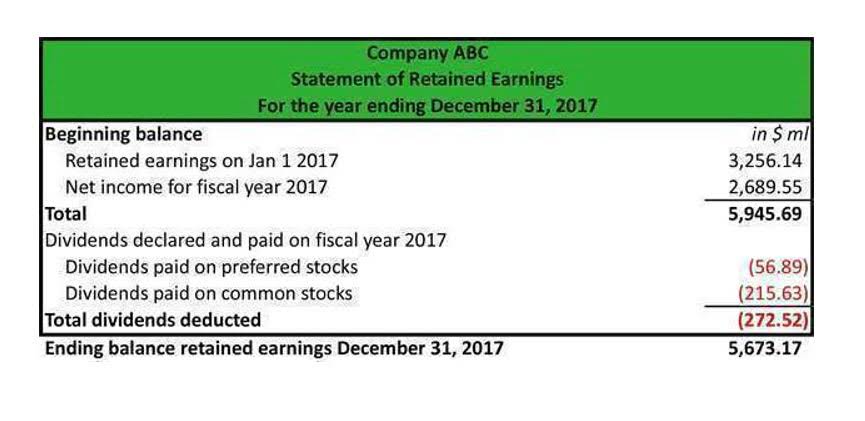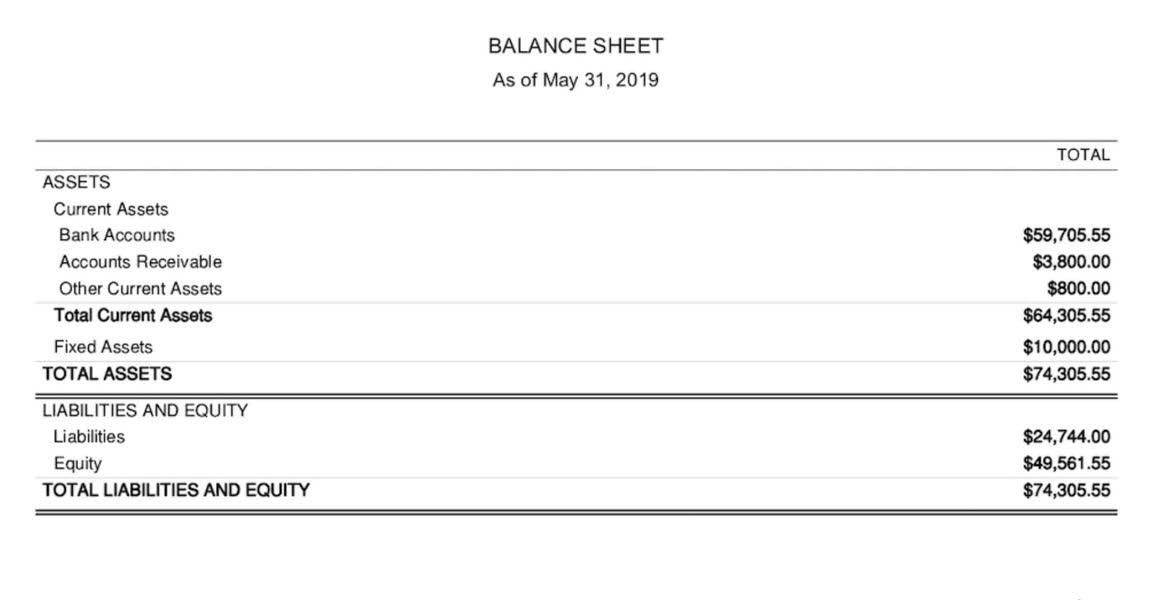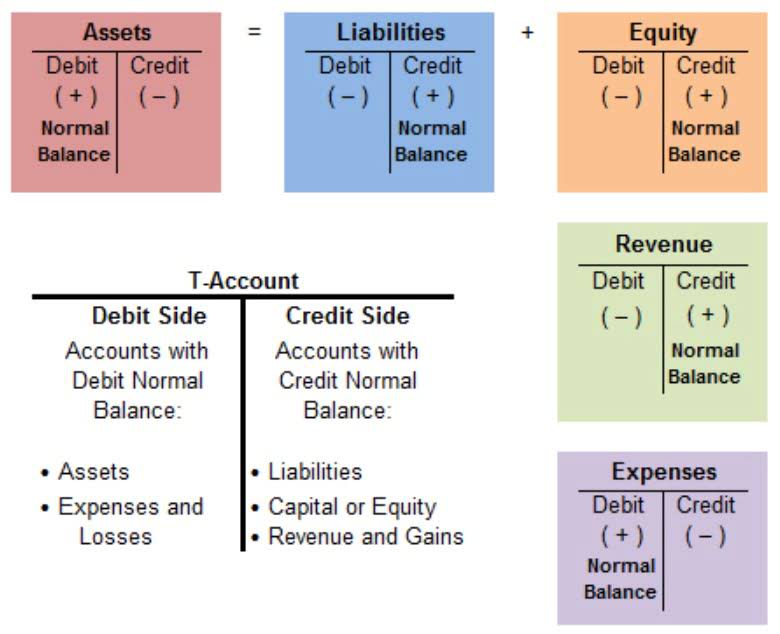
A broad range of finance roles should undergo some form of role evolution in the coming years. In the meantime, however, most role evolutions will fall under two key areas within finance — accounting and analytics — as these are the most immediate applications for modern finance technology. Still, this overall shift applies to a much broader range of finance roles as organizations continue their transformation efforts and adopt advanced technologies.
How can Taxfyle help?

No liability is accepted for any actions taken or not taken from any party’s use of this publication. As these trends continue, accounting is set to benefit enormously from continuing technological progress. | Terms of Use | Privacy Policy | CareersWe improve our products and advertising by using Microsoft Clarity to see how you use our website. By using our site, you agree that we and Microsoft can collect and use this data. Monitoring budget allows startups to identify discrepancies between planned and actual spending. Accounting for startups require specialized knowledge and meticulous record-keeping.

Trusted by Top Venture Investors

Regularly review and prioritize expenses, cutting non-essential costs to reduce the burn rate. This helps extend the runway while seeking further investment or ramping up revenue. Project future cash flow based on historical data, expected revenue, and planned expenditures. This enables companies to anticipate funding needs and avoid liquidity shortfalls. The accounting process inside a tech company can be markedly different from that at a more traditional firm. We’ve already briefly mentioned a few of the factors that drive this, but it’s worth exploring them in a little more detail.
Recap Of Key Accounting Practices For Tech Companies
Tech startups often have significant intangible assets, such as intellectual property (IP), software, and patents. A significant portion of a tech startup’s early-stage expenses Legal E-Billing is allocated to research and development (R&D). Tickmark, Inc. and its affiliates do not provide legal, tax or accounting advice. The information provided on this website does not, and is not intended to, constitute legal, tax or accounting advice or recommendations.
- This has moved the CFO—and the accounting team, by extension—to a central place in the company boardroom and at the right hand of the CEO in almost every major decision.
- For tech startups, leveraging the expertise of a tech accountant can be transformative.
- A broad range of finance roles should undergo some form of role evolution in the coming years.
- This can be better than in-house accounting because it saves time and lets tech companies focus on making cool stuff.
Get $30 off a tax consultation with a licensed CPA or EA, and we’ll be sure to provide you with a robust, bespoke answer to whatever tax problems you may have. You can connect with a licensed CPA or EA who can file your business tax returns. Handling money and following rules in the tech world requires careful steps.

This involves choosing the right accounting software that fits the company’s unique needs, adopting appropriate accounting methods, and integrating technologies that streamline financial operations. Proper budgeting and investment in robust accounting services can prevent financial mismanagement and support sustainable growth. Cash accounting is easier to implement and requires less administrative effort. It is beneficial for small businesses that prioritize simplicity and straightforward cash monitoring. However, it may not provide a comprehensive financial picture, especially for startups with complex transactions. Tech companies face unique accounting challenges, particularly related to research and development (R&D) costs and the complexities of managing patents, intangible assets, and compliance with GAAP and SEC regulations.
Seed capital from angel investors, followed by venture capital rounds from Silicon Valley and other tech meccas, often fund these promising companies. But sometimes, tech companies begin as garage startups and avoid obtaining venture capital financing. From the adoption of GenAI to the evolution of advisory services, the Future Ready Accountant Report is your guide to navigating the rapidly evolving accounting landscape. “The rise of AI and cloud technologies has also made digital transformation more accessible, accounting for tech companies cost-effective, and impactful than ever before. “When done right, digital transformation projects can drive revenue growth while keeping costs under control.
- GAAP (generally accepted accounting principles), which apply to tech companies, are included in the FASB (Financial Accounting Standards Board) Accounting Standards Codification as numbered ASC sections by topic.
- Inventory should be physically secured for internal control to prevent theft or damage, and issuance should be documented in the warehouse and accounting records.
- Many startups rely on accounting software to simplify complex financial tasks, streamline bookkeeping, and manage budgeting effectively.
- This helps businesses make informed decisions and plan ahead instead of only looking at past performance.
- Implementing good accounting practices enables startups to utilize software tools that automate processes such as invoicing, payroll management, and expense tracking.
- This helps them see where they stand and where they can improve, especially in a competitive field like technology.
- In the tech industry, different metrics and KPIs (key performance indicators) are used for software companies, electronics companies, and IT service organizations.
- Automation, improved data security, better client communication, AI, machine learning, and the evolving roles of professionals are all part of this transformation.
- The gross burn rate is the company’s total monthly spending, determined in accounting for technology companies.
- It is beneficial for small businesses that prioritize simplicity and straightforward cash monitoring.
- These platforms offer a range of functionalities such as automated invoicing, payroll processing, and financial forecasting, making them indispensable tools for modern businesses.
- Typically, startups are advised to allocate between 2% and 5% of their revenue to accounting and financial services.
Learn more about Tipalti’s finance and accounting solutions for the technology industry. Tech companies in the U.S. should generally follow GAAP accounting standards like accrual accounting when preparing their financial statements. However, some startups may use cash-basis accounting instead of GAAP-mandated accrual accounting for tax reasons and then recast them to GAAP financial statements later for comparability. In the tech industry, different Accounting Periods and Methods metrics and KPIs (key performance indicators) are used for software companies, electronics companies, and IT service organizations.
The 10 Best Accounting Software Solutions for Education
This foresight allows businesses to plan for regular financial reviews, compliance costs, and other unforeseen accounting necessities. In addition, budgeting creates a financial structure that helps in steering the company toward sustained growth and profitability. Startups are often on tight budgets, which necessitates finding cost-effective solutions that do not compromise on quality. Services provided by platforms like QuickBooks and FreshBooks come with tiered pricing structures, allowing businesses to scale their services as they grow.

